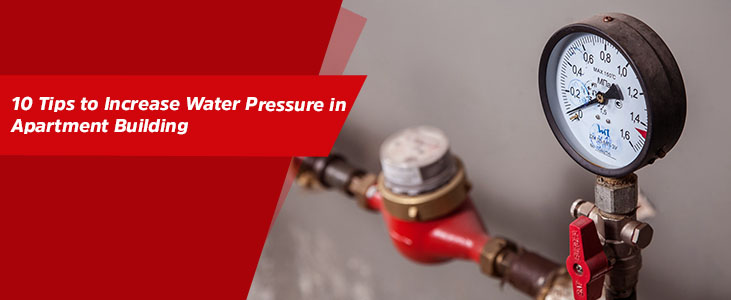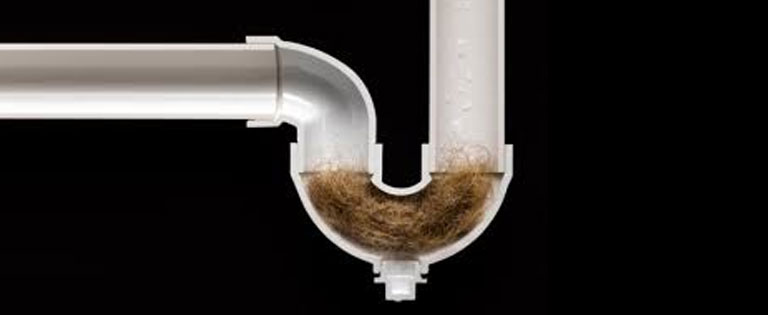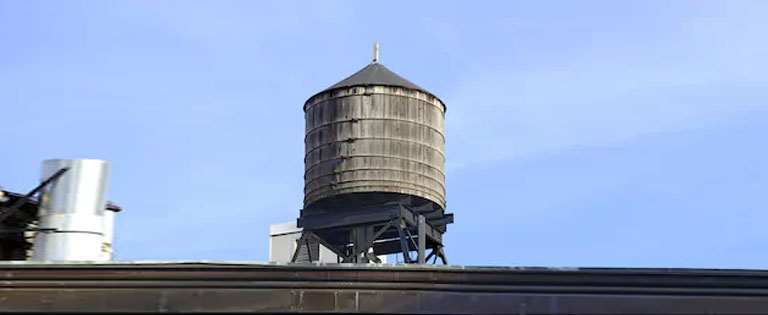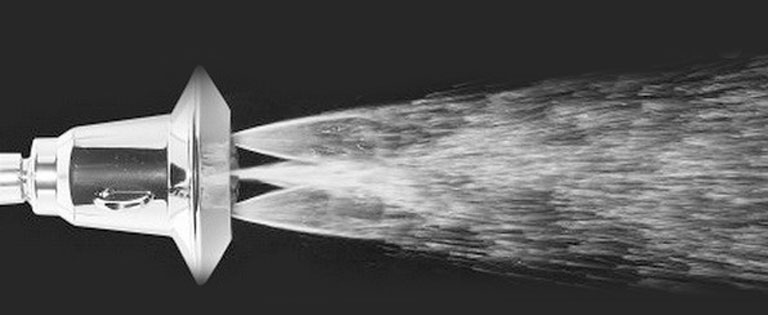How to Increase the Apartment Water Pressure? 10 Effective Ways to Implement
Posted on August 21, 2020
There’s nothing like standing under the shower after a day of hard work, letting the water cascade over you – or, a nice shower to help you shake off your sleep in the morning.
Whatever the time you prefer to shower, what makes a shower great is the water flowing down fast and in full stream. That happens due to pressure. While the shower is the place that you need pressure the most, it is also necessary to have adequate apartment water pressure in the sinks, especially in the kitchen. Also you can read some of the apartment maintenance checklist.
Unfortunately, low water pressure is a problem that plagues most high-rise apartment buildings, especially on the higher floors of flats in Calicut. Low pressure means weak, thin streams of water which can hamper your daily chores like washing clothes (even in the machine), doing the dishes, and of course your showers. With the right pressure of water in your sinks and showers, you can save precious time, an absolute necessity in these times.
So how can you ensure that the water pressure in apartment building is sufficient? We present to you a few easy tips to help you:
10 Tips to Increase the Water Pressure in Your Apartment
1. Check for Leaks
Do you know the most common causes of low water pressure? Well, one major reason is leaky plumbing pipes.
Leaks can cause the pressure to reduce either in a specific part of the apartment building or throughout. When water leaks out of cracks in pipes, it brings down the water pressure.
As one of the residents, you can request your association executive committee to conduct a thorough check into the plumbing. Fittings, joints, and seams are more vulnerable to leaks where PVC material is used.
If your building has metal pipes, you may also need to check the length of the pipe, as metal can develop minute cracks or holes. It would be wise to get a professional plumber to perform a pressure test if you suspect a leak. Also consider new Real Estate Market Trends in Calicut.
2. Clogged Pipes

Another reason for low water pressure in apartments is clogged pipes. Sediments may build up over time, causing the pipes to clog and reduce the flow of water – leading to a reduction in the water in your sink or shower.
Again, a professional plumber can help you resolve the problem by servicing the plumbing system especially the main inlet. If you use borewell water, you are more likely to face this issue.
3. Inspect Pressure Reducing Valves
How to Increase Water Pressure in Apartment?, if the pressure is low in spite of the leaked or clogged pipes being fixed? Most high-rise apartment buildings feature pressure reducing valves on the lower floors to control extremely high pressures.
If the pressure goes beyond recommended levels, it could cause damage to the pipes, which may even burst. These valves are not used in the upper floors as the water pressure there is usually lower.
This system also helps to maintain more or less similar water pressure on all the floors of the apartment.
However, it could happen that the valves malfunction; it is a good idea to have the valves inspected and serviced regularly to maintain their functioning. In the case of valve failure, make sure to have them replaced. Let us note some innovative methods of water conservation in your apartments in Calicut.
4. Inspect Rooftop Tank

Most apartment buildings in Calicut install rooftop tanks where the municipal or borewell water is stored, and the water is supplied to individual apartments through pipes going from the tank.
To increase water pressure in apartment if you’re experiencing insufficient pressure, have the tank and its supply lines inspected. It could be that the rooftop tank your building has, is inadequate to meet the needs of the apartment building.
5. Check the Pressure Rating of Pipes
Plumbing pipes have various pressure ratings. When low pressure rated pipes come into contact with high water pressure over time, they can burst, causing flooding and low apartment water pressure throughout your apartment building in Calicut.
This problem is especially likely to occur if pressure reduction valves have been installed in the plumbing system.
Pipes with high-pressure ratings are used before the valve, and those with lower ratings are typically used after the valve. While this helps reduce the cost of plumbing, it can cause problems if the valves fail.
Your association committee should get the plumbing pipes inspected and change over to high pressure rated pipes to avoid this problem.
Along with the pressure rating, when you replace the pipes, also make sure that they are of the right diameter to ensure the right pressure. Also read about the rain water harvesting methods in apartments.
6. Check Your Building’s Water Filter
The plumbing system in your building may include a water filter that removes debris like leaves or sediments before it enters your water supply; however, this too needs to be inspected and cleaned regularly, as the filter can accumulate this debris over time, leading to reduced water pressure in apartment building.
7. Municipal Supply Problem
You may wonder how to improve water pressure in the apartment if the problem is with the municipal water supply pipes.
The answer to this question is booster pumps, also known as pressure pumps.
The low pressure in the municipal system could be due to leaks, repairs being made, or any other problem in the supply system.
Your association should of course submit a grievance to the authorities, but you can be sure that it will take a long time before the issue is resolved.
It makes more sense to install booster pumps to ensure adequate water pressure in your apartment.
8. How to Increase Your Low Shower Pressure
If you feel that the water pressure in your shower is not sufficient, though it is adequate elsewhere, you can consider installing an amplifying shower head. This is a type of shower head that facilitates, a full, powerful shower.
If your water is simply dripping from the shower head, and amplifying shower head can enhance the force of the water passing through the shower to provide an enjoyable shower. Of course, this will only resolve the problem of low pressure in your shower, not elsewhere in your apartment.
9. Check for Clogged Flow Restrictors

Use a wrench to unscrew the flow restrictor and rubber gaskets at the end of the faucet. The flow restrictor is nothing but a kind of screen from which the water flows out at the end of the faucet/tap.
Check if it is clogged with debris, and remove any debris you see, and put the flow restrictor back along with the gaskets. Do the same with your shower head – unscrew the shower head, and take it apart, taking care to remember the steps.
Check the flow restrictor for debris, and clean it. Replace the restrictor and check the flow.
If the water pressure in your shower is better than before, it means you have succeeded. You can also get a plumber to do this for you, but it is easy enough to do it yourself. Checkout some monsoon home care tips that you can follow easily.
10. Fluctuations in Occupancy
It often happens that all the apartments in a building are not occupied. In times of low occupancy, the water pressure may be pretty high everywhere as there is less demand for the water.
However, if all or almost all of the apartments have been occupied, the pressure may come down as there is heavy demand for water – and this is especially true during peak times like mornings (school, college or office goers), and early evenings.
Just meet with the other residents and see how best you can solve the problem – bigger tanks, booster pumps, or anything else.
Are you looking to buy flats in Calicut? Choose an apartment building that is meticulously planned and designed, so that you don’t’ have to worry about things like adequate water pressure in your apartment. Choose from PVS Builders – experienced and reputed builders in Calicut who have built some of the finest apartment buildings in the city, with thoughtfully designed interiors, and the latest amenities, to make your life comfortable, convenient, and safe.
FAQ
Q: What causes low water pressure in apartments?
Leaky plumbing, clogged pipes, and issues with pressure-reducing valves are common causes of low water pressure in apartments.
Q: How do I check for leaky pipes affecting water pressure in my apartment?
To check for leaky pipes that might reduce water pressure in your apartment, inspect visible pipes for signs of moisture or request a professional pressure test.
Q: Can a booster pump improve the water pressure in my apartment?
Yes, installing a booster pump can effectively enhance the water pressure in your apartment, especially if the issue is due to low municipal supply pressure.


